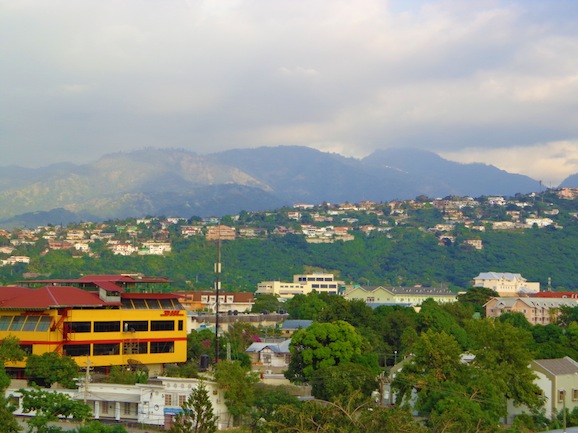By S Brian Samuel
Op-Ed Contributor
ECONOMISTS CANNOT read the future, no matter what they say; but they can read the past. And one thing we know from the past is that markets continually go through economic cycles.
Booms and busts have been chasing themselves with predictable certainty since man invented money.
In my lifetime, I’ve lived through countless crashes; the problem with this one is its severity, extent and duration. But, like all others before and since: it shall not prevail.
We can therefore look ahead with some certainty that there will be an upturn – it may take longer than we would like to arrive; but arrive it will. Indeed, many an entrepreneur has made a lot of money by investing in a downturn. And it’s only right that returns from investing in a downturn should be high – so is the risk.
The Economic Commission for Latin America and the Caribbean (ECLAC) has released figures for foreign direct investment (FDI) for calendar year 2013.
FDI is a good indicator of the confidence that international investors place in a country – and its leaders. The reality is that for virtually all Caribbean economies; foreign investment is still the main driver of growth.
According to the data, Jamaica isn’t doing too badly – in fact it’s doing quite well.
In 2013, Jamaica received US$570 million in FDI; a 56.5 percent increase over 2012. Compared to the rest of the Caribbean, this is a good performance. In 2013 total FDI to the Caribbean fell by 29.6 percent; from US$9.0 billion in 2012 to US$6.5 billion in 2013.
If you look at Jamaica’s 10-year trend in FDI, you see mixed performance across the political divide. However, it does show that the current administration is doing a good job in attracting foreign investors, with two consecutive years of 50 percent-plus growth in FDI inflows.
Another key indicator of Jamaica’s economic wellbeing is the state of its tourist industry – another engine of growth.
Again, Jamaica isn’t doing too badly. Evidently, all those new mega-hotels along the north coast and Negril have paid off: Jamaica has seen continual increases in tourist arrivals every year since the mid-2000s. Throughout the depths of the global recession, people kept on going on holidays to Jamaica.
Over the past six years, Jamaica’s visitor arrivals have increased by 18.1%; a creditable achievement given the global recession. This positive trend has continued into 2014, visitor arrivals for the first two months of 2014 increased by 3.4%. Cruise ship arrivals have also risen over the last 6 years, by a more modest 9.2 percent.
Other positives are on the horizon.
There are several large-scale infrastructure projects in the pipeline: Norman Manley Airport concession, Kingston Port privatization, Highway 2000 and, of course, the elephant in the room: Goat Island. Jamaicans may not always like it, but the stark reality is that Jamaica needs a continual series of large-scale infrastructure projects; to create employment and spawn ancillary economic activity. But the road to development is littered with minefields. Jamaica’s “screeching environmentalists” have more than enough cause for concern; the damage that unchecked industrial development in that fragile part of Jamaica could cause is immense – much more than “two likkle lizard”. However, given the urgent need to remain viable in an increasingly competitive global market – can Jamaica afford to say no?
Brand Jamaica
I was recently on a discussion programme hosted by the UWI radio station NewsTALK, and we talked about “Brand Jamaica”, and how Jamaica can capitalize on its high visibility on the international scene. And it’s true; Jamaica should earn financial rewards for its outstanding reputation in these areas.
However, Brand Jamaica also has its dark side. Immediately following the discussion programme, I listened to a virulent homophobic rant the kind of which I never imagined I would hear on a radio station from my alma mater.
Until Jamaica tames its inner demons, and curbs the violence that invariably follows, it will never be able to pull itself out of the mire – which it certainly has the potential to do.
S Brian Samuel can be reached at Stevenbriansamuel@gmail.com.
Note: the opinions expressed in Caribbean Journal Op-Eds are those of the author and do not necessarily reflect the views of the Caribbean Journal.

